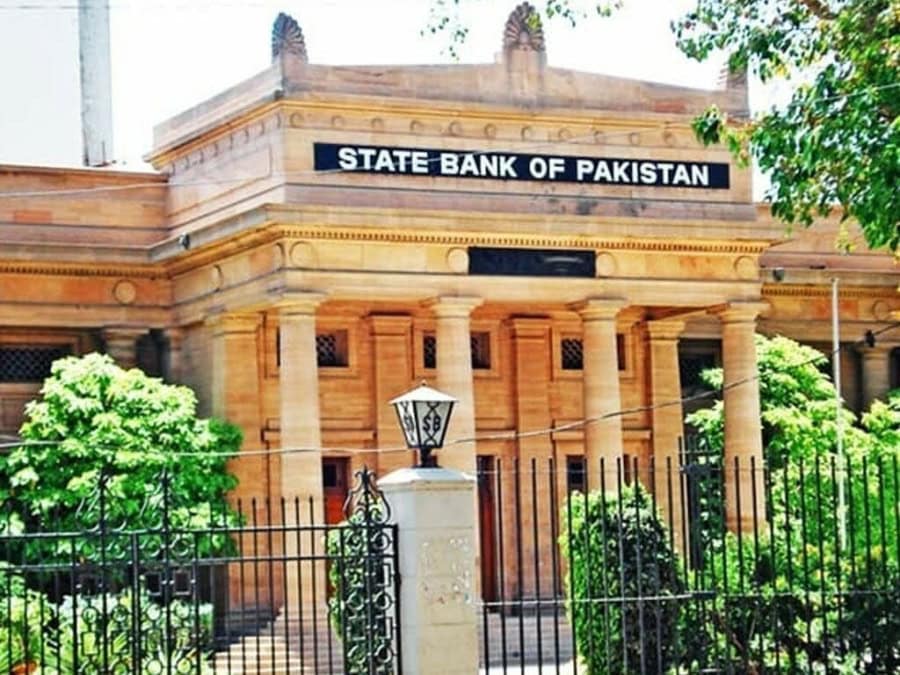State Bank of Pakistan on Monday issued the mid-year performance review (The Review) of the Banking Sector.
The review covers the performance and soundness of Pakistan’s banking sector for the period January to June 2023 (H1CY23).
It also briefly covers the performance of financial markets as well as the results of Systemic Risk Survey (which represents views of independent experts about key potential risks to financial stability).
The Review highlights that the macroeconomic environment continued to remain challenging during the first half of CY23.
Domestic financial conditions tightened while the operating environment remained under stress due to elevated inflation and prolonged uncertainty. Nonetheless, banking sector’s balance sheet expanded by 14 per cent during H1CY23.
The expansion in asset base was mainly driven by investments in government securities. Besides strong inflow of deposits, banks’ reliance on borrowings remained noticeable during the period.
The Review also notes that advances of banking sector recorded a muted growth during H1CY23; private sector advances contracted while public sector availed additional financing mainly for commodity finance operations.
Encouragingly, asset quality indicators improved: net non-performing loans (NPLs) to loans ratio lowered to 0.45 per cent at end June-23 (0.68 per cent in Jun-22) as banks set aside higher amount of provisioning from steady earnings.
Profitability indicators witnessed noticeable improvement as return on assets (ROA) improved to 1.5 percent in H1CY23 (1.0 percent for CY22).
The higher earnings in turn also helped to improve Capital Adequacy Ratio (CAR) of the banking sector to 17.8 per cent by end June-2023 (17.0 per cent at end Dec-2022).
With further improvement in solvency indicators, the ability of the banking sector to withstand a set of severe hypothetical shocks further improved as indicated by latest stress testing results.
Finally, the Review also covers the results of 12th wave of SRS (July-23), which suggest that the key potential risks faced by the financial system include foreign exchange risk, increasing domestic inflation and political uncertainty.
The respondents, however, expressed confidence in the stability of the financial system and ability of the regulators.









